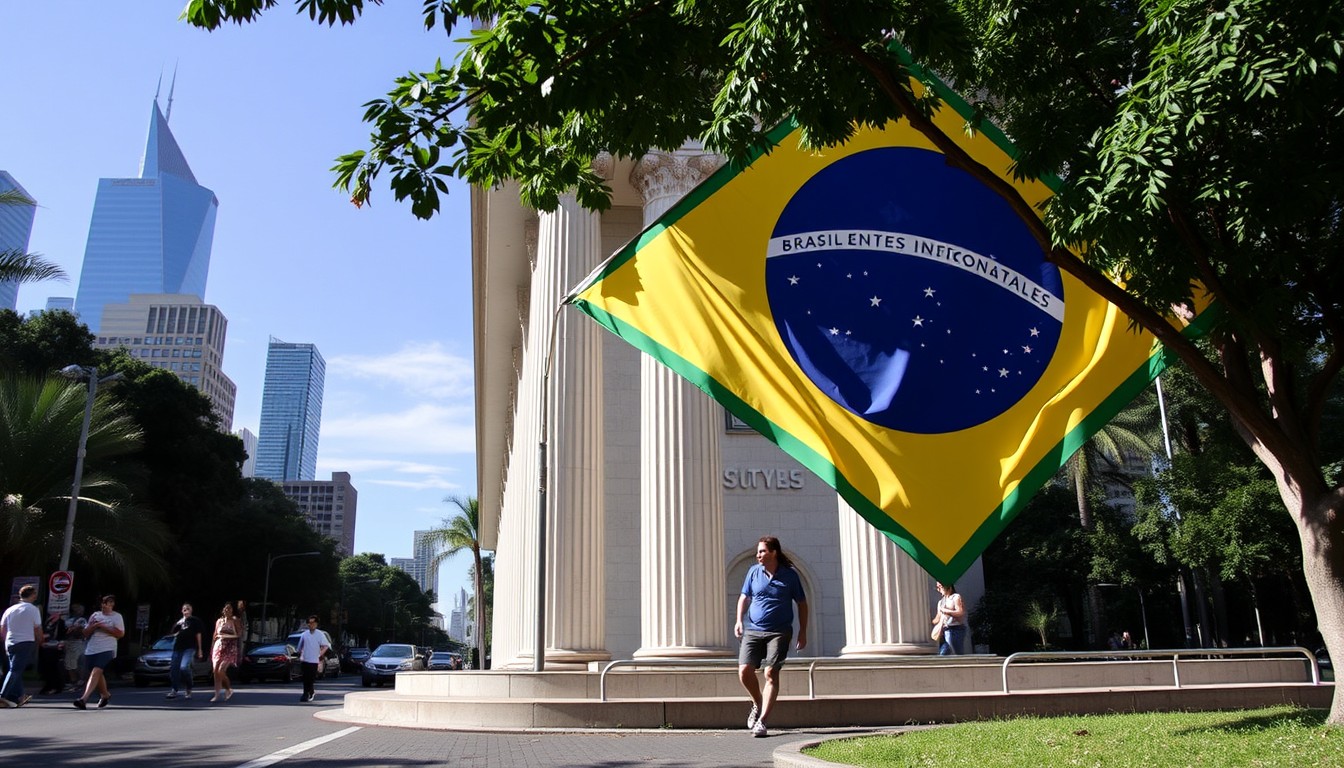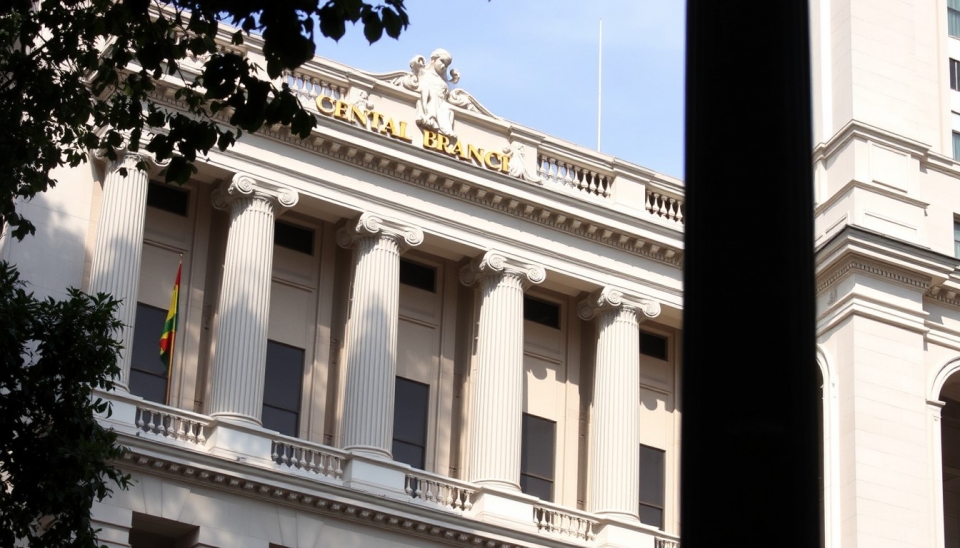Interest Rate Cuts in Brazil: Analysts See Less Room for Easing

Amid worsening macroeconomic conditions in Brazil, analysts are predicting reduced possibilities for interest rate cuts. The primary reason for this is a number of factors that continue to exert pressure on the country's economy. Acceptable economic growth rates, market fluctuations, and heightened inflationary risks are complicating the Central Bank of Brazil's ability to take further action on rate reductions.
Recent information indicates that sustained inflation levels exceeding forecasts are hindering ambitious plans to lower rates. Economists believe that the central bank will need to limit its actions regarding interest rates, even considering attempts to stimulate the economy after a long period of high inflation.
Moreover, political factors also play a significant role. With upcoming elections in the country, political instability could lead to less predictable economic conditions, complicating rate-setting decisions.
As a result, many experts predict that Brazil will likely remain in a situation where interest rates stay high, despite some positive economic indicators. This can also create additional challenges for businesses and consumers.
Currently, the focus is on how quickly the economy will recover from the pandemic and how effectively government stimulus programs for growth will be implemented. Predictions on how soon the rate-cutting process may resume in the future also remain uncertain.
Overall, Brazil stands on the brink of complex economic challenges, and analysts express cautious optimism regarding the future of monetary policy easing.




